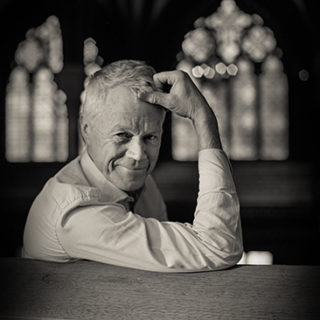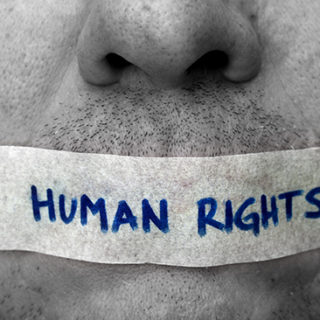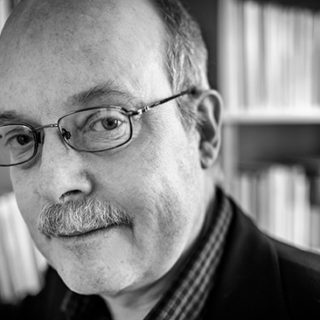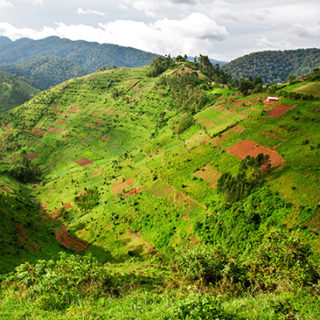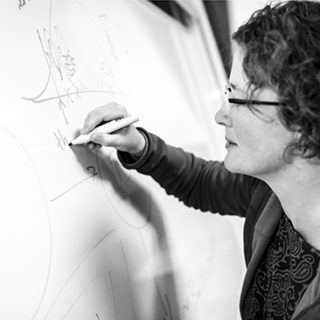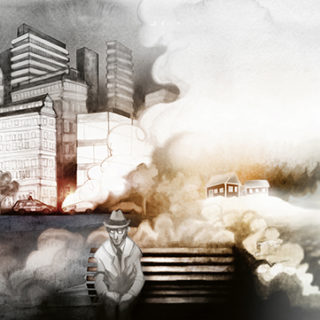In narratives of hope, researchers come together for the future of Syria
‟We know from history that no war lasts forever”. These are the words of Mohammad Nesrini, researcher and refugee from Syria and one of the participants in ‟Post Conflict Futures” initiated by Lund University.
No one can predict what the most realistic future for Syria is. Well into its sixth year of war, there is no returning to what it was. The future is a blank canvas. But in ‟Post Conflict Futures” exiled researchers meet with Lund University researchers to draw up sustainable plans for the country. What will Syria look like in 2040? That is the scenario students and academics have been discussing freely in divergent narratives. How can society be rebuilt in more sustainable and resilient ways?
‟We were very lucky to cooperate with the Swedish Institute on this front, for they gave us access to their Syrian scholarship holder and alumni who are stranded here and could not go back. We started from that group and their networks and we managed to convince close to 40 participants to take part in the process” says Tareq Emtairah, senior researcher at IIIEE and driver of the project.
Two of the participants are Mohammad Nesrini and Odette Nseir, and I met them on a cold, dark winter night in Lund. Typical for Sweden. Untypical for their beloved country, Syria. Half of Syria’s population is on the run, and so are Odette and Mohammed, though both were able to take a safe route when fleeing from the war that has torn their country apart. Instead of having to take a dangerous path travelling through the whole of Europe, they were granted scholarships from the Swedish Institute.
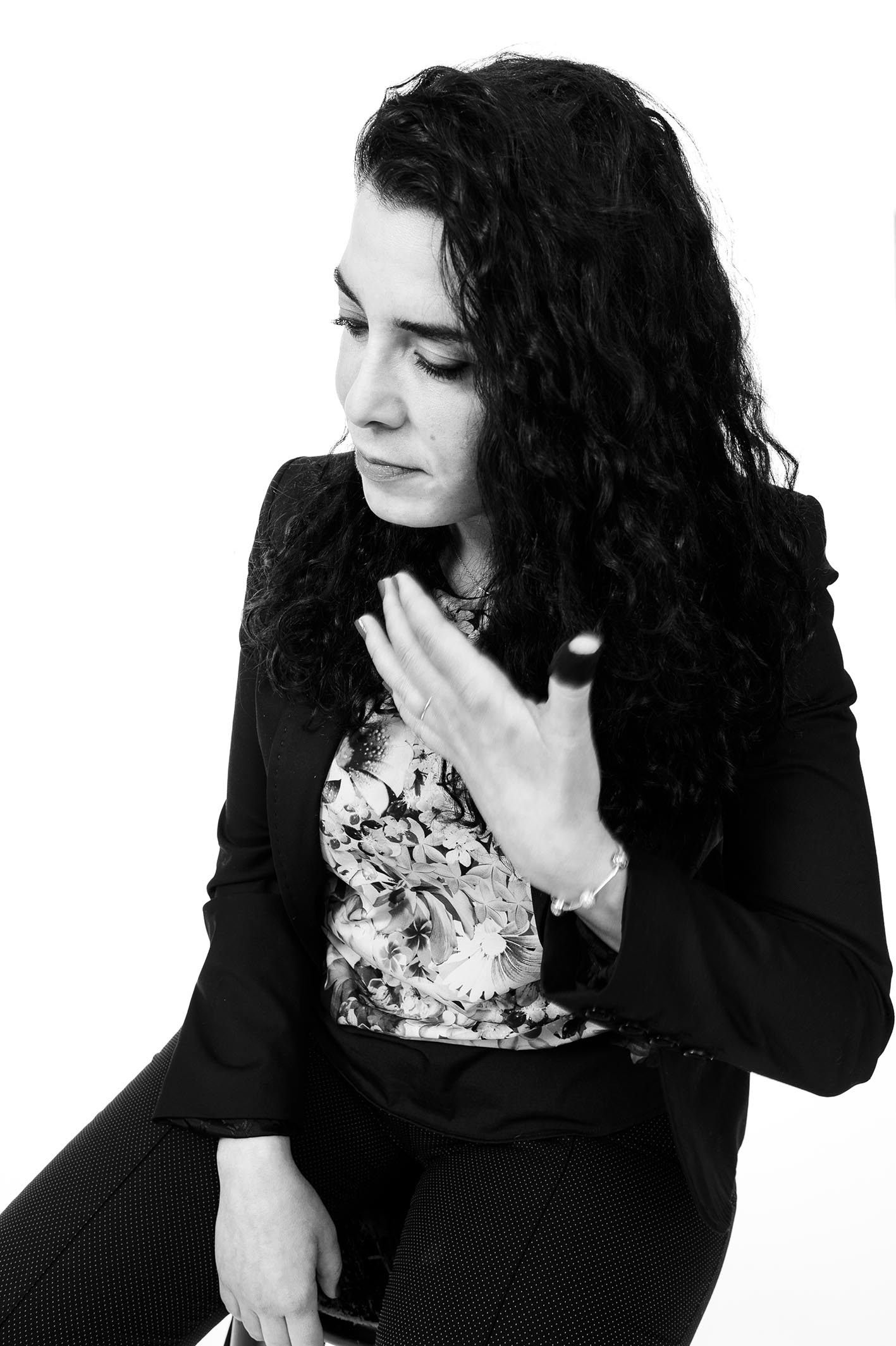
Odette was born and raised in the seaside town of Latakia. But work as a credit relationship manager took her to Damascus from where she and her husband, who worked for Tetra Pak in Lebanon, were evacuated in 2012.
‟I applied all around the world and luckily I was accepted for Sustainable Urban Management studies at Malmö University. The future of my country will rely on sustainability and I want to be a part of it.”
Mohammad had always wanted to do a Master’s degree abroad and find a place for himself to develop. In Syria, he studied biotechnology and later worked for an international centre for agricultural research.
‟My journey, that would finally take me to Sweden, started back in August 2012 when my mother, my brother and I had to seek a safer place in my sister’s house, fleeing the regime forces’ helicopters that were bombing our neighbourhood. I then left Syria and hoped to continue my life in the Emirates, but it was very hard to get a work permit as a Syrian national.”
Mohammad has a physical disability that makes him unable to walk, so fleeing as a refugee was not an option. He had to find other possibilities for his career in other countries through education.
‟The only way to pursue my dream was through education and when I got my admission I felt very, very good”.
Today they have both finished their Master’s degrees; Odette works for E.ON in Malmö and Mohammad for a small start-up company in Lund as a laboratory engineer. In Odette’s mindset, she is still in Syria and cannot detach herself, even when she now lives in Malmö. Being part of ‟Post Conflict Futures” was not an easy decision.
‟My first impression was that it is a great luxury to talk about the future of Syria, when people are dying. I felt pressure and guilt. Here I am in a safe country with electricity and hot water 24/7 and the luxury to walk around in the street while my people are suffering.”
But Odette decided that she had to be pragmatic. While her country is being ripped to pieces she wanted to do something and found that she trusted the people that were in the workshops, the NGOs institutions and the system in Sweden.
For Mohammad it was an easy decision to participate.
‟We know from history that no war lasts forever. One day this war will end and our country will need us and we will need experience and effort to rebuild our country in a more sustainable way.”
‟The future of my country will rely on sustainability and I want to be a part of it.”
In the workshops, the participants worked in four groups, each exploring one scenario constrained by a different set of conditions. For example, one group worked in a space of low social trust and fragmentation of power, while another worked in a space where social trust is restored and power is concentrated.
‟Surprisingly, all the stories converged upward towards higher trust. Perhaps a deep-seated human desire to find the hopeful. I think people are keenly forward-looking and there is an immense talent and energy to move forward; they also want to make a positive difference both in their old and new homes”, says Tareq Emtairah.
No one knows how the overall political contexts will evolve, but we do know that future structures in Syria will need to be both socially and environmentally sustainable.
‟Thinking of Syria in 2040 is a very long time gap. We had to be really imaginative and closed our eyes to get out of current circumstances and go wild with our thoughts”, Odette explains. ‟It was an exhausting experience but I feel better than when passively looking at the TV or following the Facebook feed. And with our different portfolios, skills and backgrounds, I think we can contribute. Everybody who is a refugee should talk about the future.”
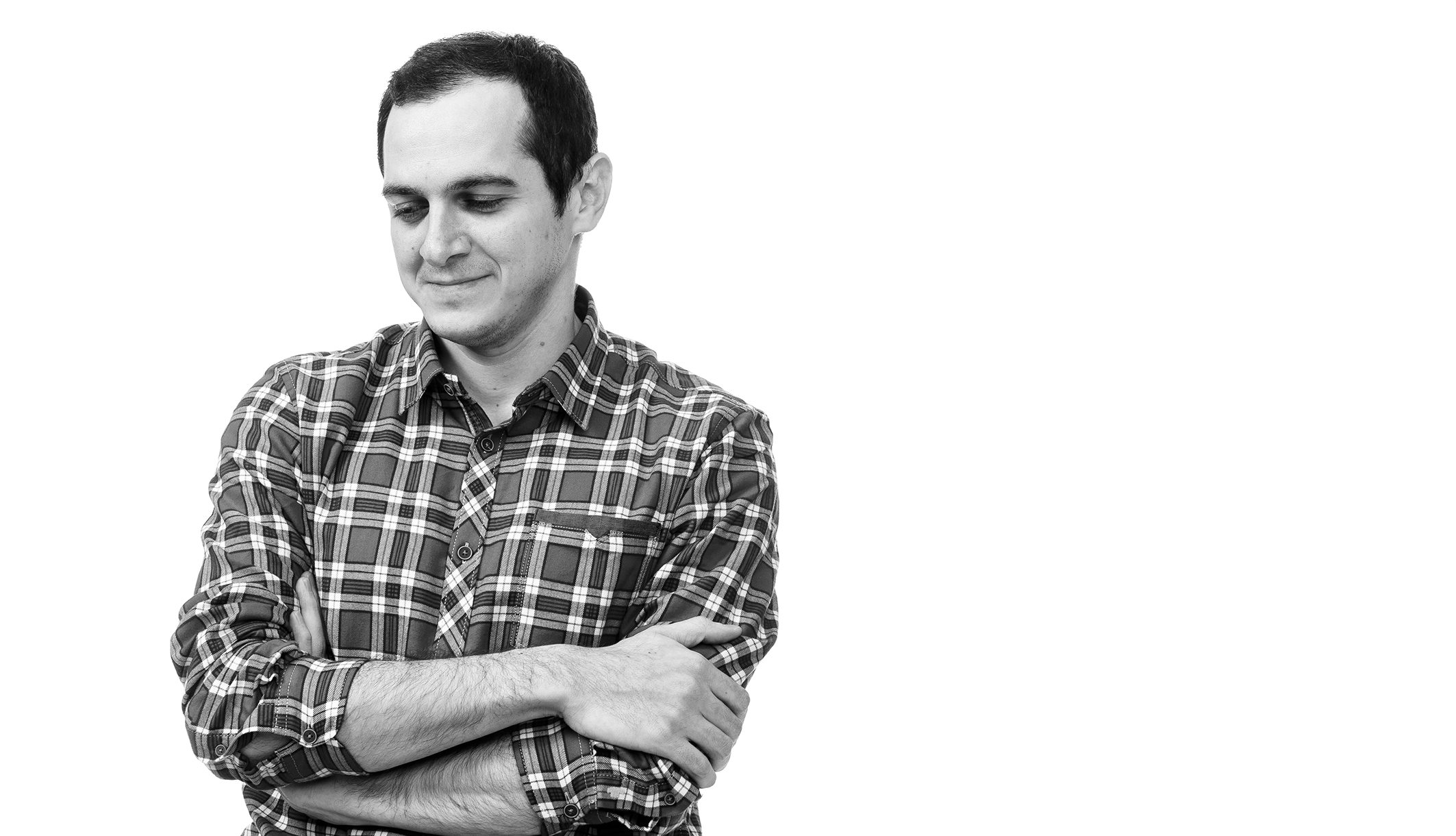
Mohammad felt very proud to be part of this network and that the Syrians could put aside their political opinions.
‟I worked in a scenario for 2040 with high trust among the Syrians, but the country was a confederate state. From that point, we started to think about the education system, law and justice, and everyone around the table participated with their ideas and expertise.”
Where do you see yourself in five years?
‟I would like to take part in a development programme, Odette says. And I hope this project gets more funding so that we can go further, and see some real action from the institutions in Sweden. We Syrians are spread all over the world but are exhausted, we haven’t found solid ground to stand upon. But I feel I have to pay back to Sweden for your hospitality. The best way is to try to change the stereotypical picture of us and give us the opportunity to work and to be part of society with our full capacity”.
Mohammad has the same thoughts:
‟It is our responsibility to work harder. Not only to prove ourselves here in Sweden, but to take the opportunity to learn something new in sustainable development and human rights to bring back to Syria in the future. We should also help our fellow Syrians in Sweden, bringing us together to be a strong community in exile.”
What is next?
‟We ran this project on a limited budget until now, thanks to the support from Lund University, MISTRA, and the county administrative board of Skåne. Our ambition is to take this to the next phase, if we are able to find more resources. We want the group to continue to build on the scenario work, or narratives of hope as we call them, now with more thematically focused dialogues on rebuilding strategies and options”, summarises Tareq Emtairah.
Text: Bodil Malmström
Photo: Shutterstock and Kennet Ruona
Facts
-
Post Conflict Futures
-
‟Post Conflict Futures” is an initiative started from a public workshop organised in February 2016, by researchers at the International Institute for Industrial Environmental Economics (IIIEE) and the Centre for Middle East Studies (CMES) at Lund University on the challenges of migration, recovery and societal rebuilding in conflict regions.
The central focus of the initiative is to convene and facilitate creative spaces where newly arrived professionals and peers from Sweden participate in collaborative exchanges to co-create and reflect on socially and environmentally sustainable future pathways.




